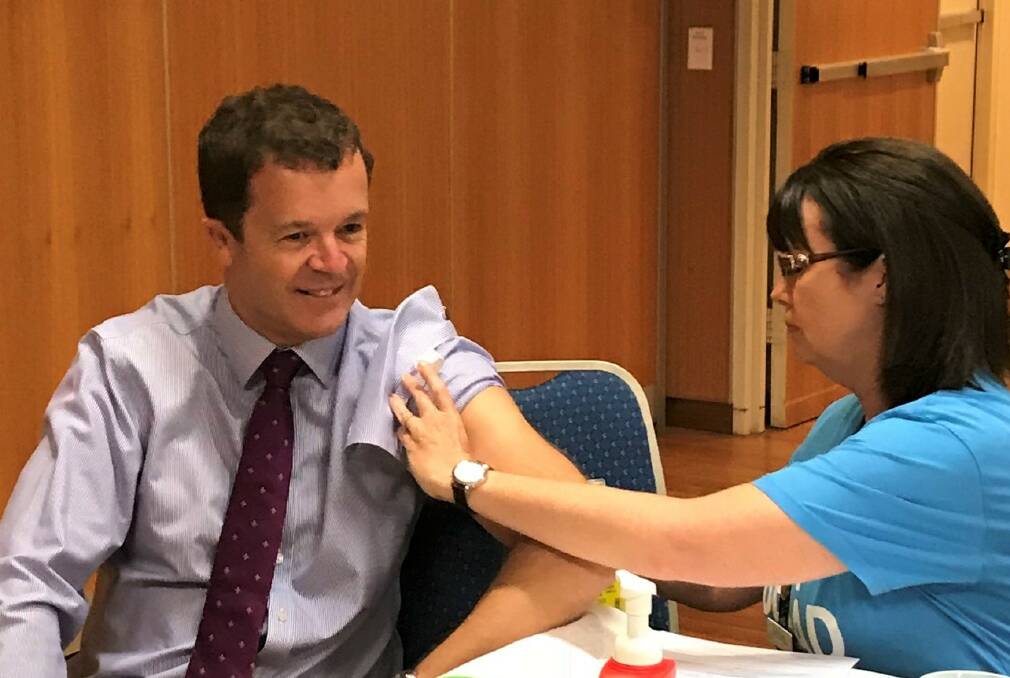
In 1956, the first doses of the 'Salk vaccine' were made available in Australia. The distribution of that vaccine marked a turning point in our nation's battle against poliomyelitis, a disease responsible for the deaths or maiming of thousands of children in the first half of the twentieth century.
Australia, along with other countries in the West Pacific region, is now declared by the World Health Organisation (WHO) to be free of this cruel and unpredictable disease. This was only possible because of successful mass vaccination programs.
And now, 64 years on from the deployment of the polio vaccine, we stand on the cusp of another turning point, with the Federal Government having announced its national roll-out strategy for COVID-19 vaccines.
It comes as no surprise that this topic is attracting intense public scrutiny; not in living memory has a new drug been so keenly and urgently awaited. Our return to a more normal way of life hinges on its success.
Significant medical developments will always provoke discussion. But where there's lively and robust intellectual debate, so too can we expect to encounter hysteria. Disappointingly, this is especially true of vaccination. It's a worrying paradox of modern medicine that as knowledge of vaccine immunology continues to grow, vaccine hesitancy trends upwards globally.
In Australia, vaccine candidates are rigorously assessed by the Therapeutic Goods Administration - the body ultimately responsible for their approval. That means that a vaccine will only be made available to Australians once it is deemed to be safe, high-quality and effective. Once the TGA approves the COVID-19 vaccine, we will be in a much stronger position to protect the most vulnerable people in our community: the elderly, the chronically ill and those frontline health workers who risk exposure to the virus daily.
This year will be a time for Australians to band together, to protect ourselves and each other.
Vaccination programs are successful when rates are high, as this limits the potential for infections to spread from person to person.
Immunisation is the most significant public health achievement in modern history. With COVID-19 vaccines, products of tireless work by the international scientific community, we begin a long-awaited global recovery from this pandemic.

